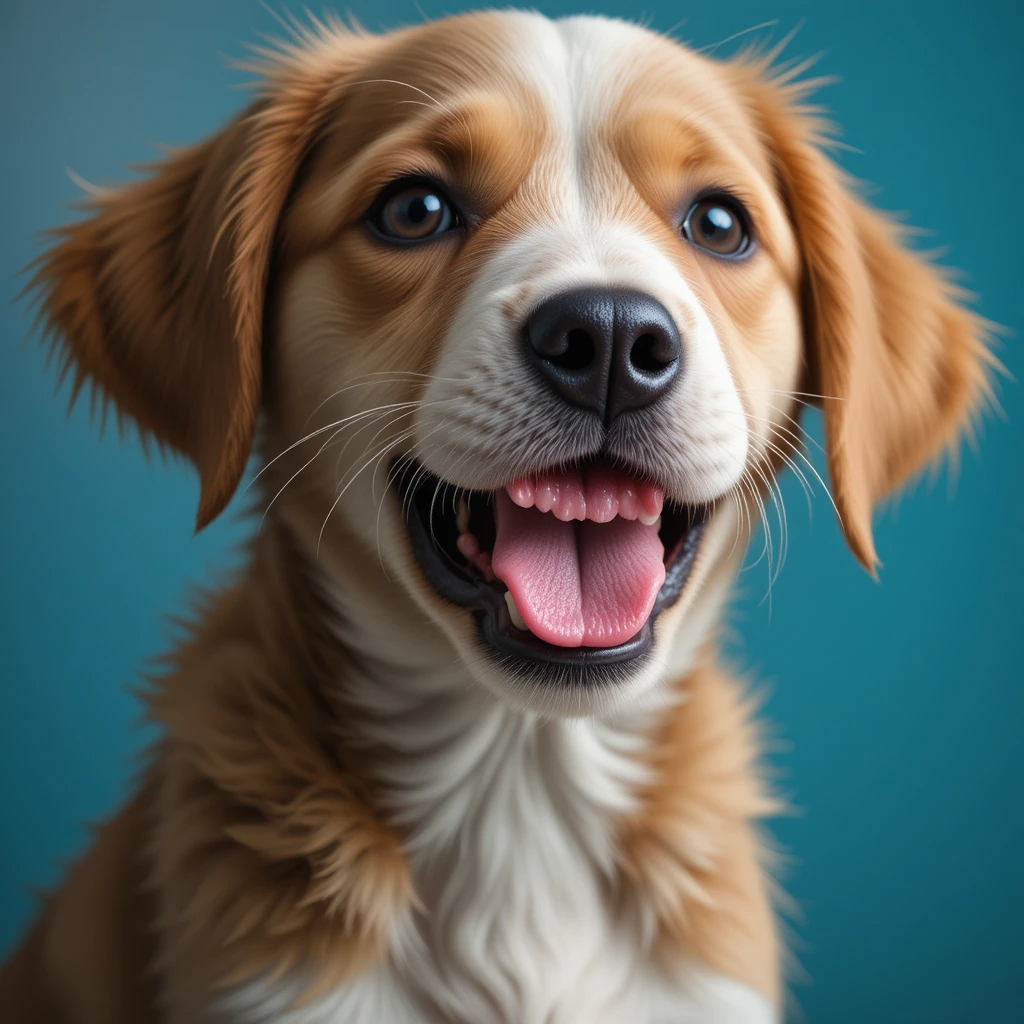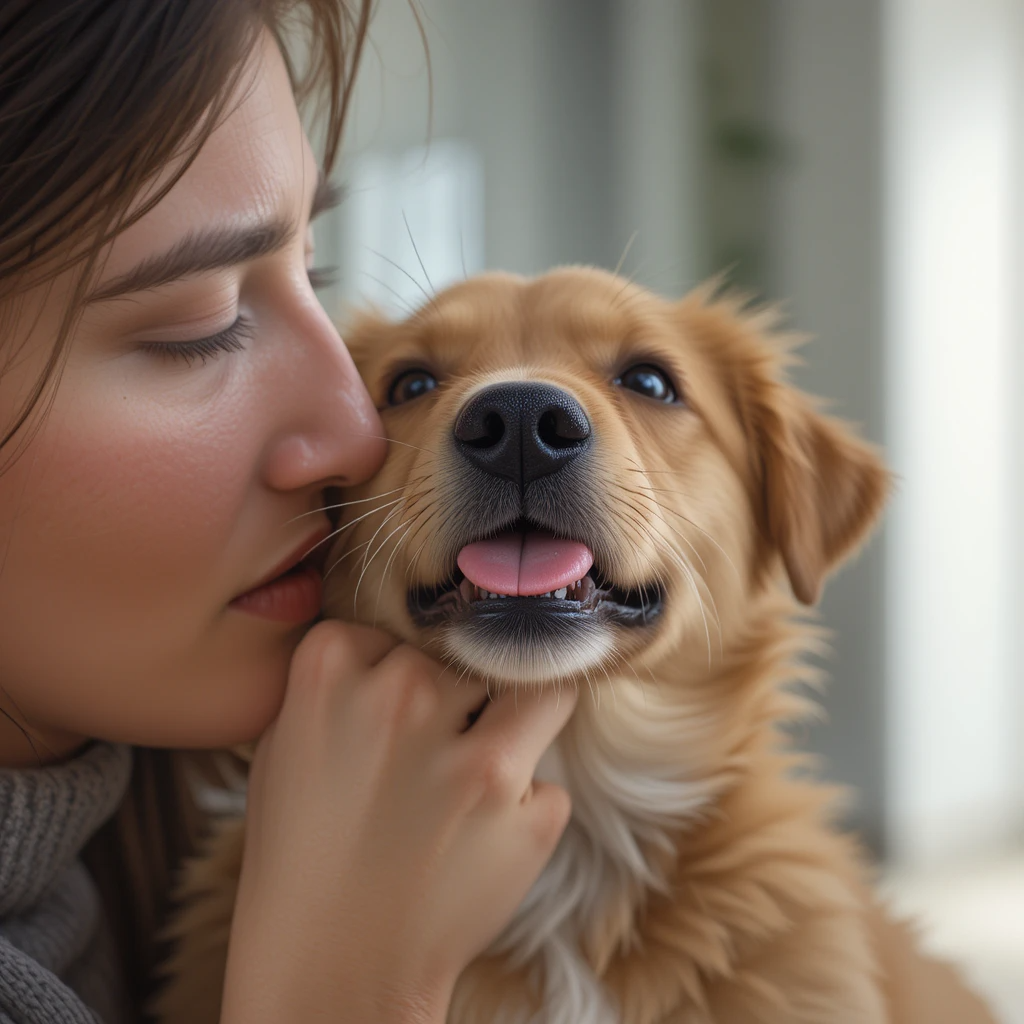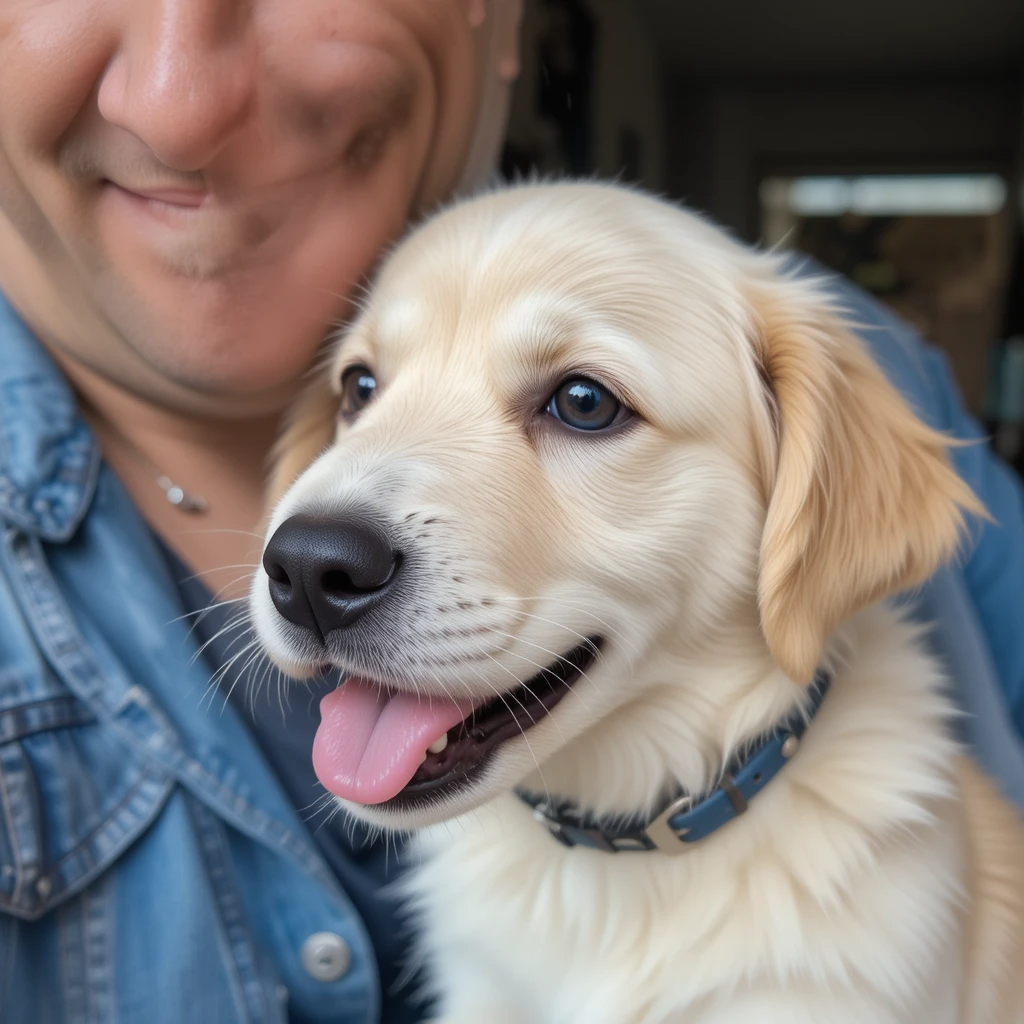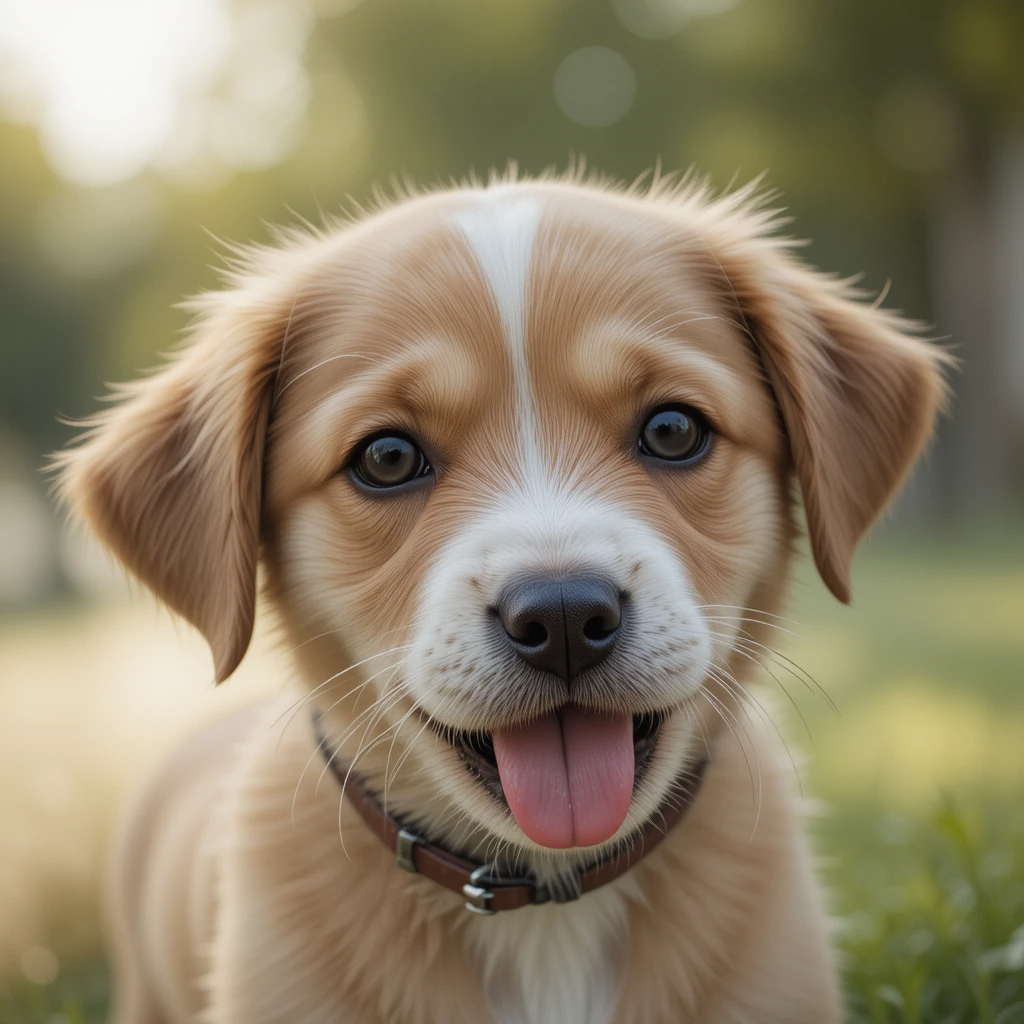If you’ve noticed often puppy mouthing things around the house, you’re not alone. This behavior is harmless at first, as puppies are simply trying to explore the world using their teeth. They’ll often mouth your hands, feet, or even clothing when they’re in the playful stage. However, as they grow and become bigger and stronger, this behavior can start to feel more like biting, which may not be so fun for anyone. That’s why it’s essential to start training your puppy at a young age to prevent this habit from becoming a problem later on.
Sometimes, adult dogs may also mouth in response to being touched or while playing with toys. If this happens, it’s important to pay attention to the signs. It could be a signal that your dog is not comfortable or is trying to warn you. If this behavior becomes more intense or begins to resemble biting, it might be time to consult your vet or even a behaviourist for advice. Taking these steps early will help you prevent the mouthing from turning into more serious behavior in the future.
Table of Contents

How to stop puppy mouthing
Step 1 – Figure out their triggers for mouthing
Understanding what causes your puppy’s mouthing can make all the difference. Sometimes, puppies get overly tired, and their mouthing can become worse, so it’s important to ensure they’re getting enough sleep. One way to help them settle down is by providing a long-lasting chew in their crate, or another spot where they feel settled and calm. This can encourage them to relax and even fall asleep instead of mouthing. If your puppy starts mouthing people’s feet, it’s a good idea to make those feet unexciting. Avoid wearing fluffy socks or slippers during the puppy phase, and you may want to wear outdoor shoes to protect yourself from their sharp puppy teeth.
Another effective strategy is to keep a diary of your puppy’s daily activities. This will help you predict when they might become mouthy, allowing you to anticipate their needs and take action before it happens. By noting down certain events or times of day that trigger mouthing, you can divert their attention to something else and keep the behavior in check.
Step 2 – Try not to react
When your puppy is mouthing, the best thing you can do is stay calm and try not to react. Any kind of reaction or attention from you will be seen as a reward, and your puppy might start mouthing more to get your attention. It can be hard, but shouting or yelping when your puppy mouths won’t help either. If your puppy stops after you shout, they might just be scared, which doesn’t solve the problem. Instead of running away if they start chasing you, try to stand still. Running will only turn the situation into a game and encourage your puppy to keep repeating the behaviour.
If things are getting out of hand, you can remove yourself from the room by using a door or a safety gate, or simply guide your puppy into their crate or bed with some food. This will give both of you a moment to calm down. Always remember that what gets rewarded, gets repeated. Even simple things like eye contact, being touched, or just being spoken to can be seen as rewards. So, make sure your response doesn’t unintentionally encourage mouthing.

Step 3 – Give your puppy something else to focus on
When your puppy starts mouthing, instead of reacting, you can try to redirect their attention to something else, like a favourite toy. It’s easy to fall into the trap of playing with your hands or clothes, but while this might seem cute when they’re small, it can turn into a bigger issue as they get older. To keep them interested in their toys, make those toys appear more fun and exciting. Have a few of their favourite toys nearby so they can focus on them instead.
If your puppy is still ignoring the toys and mouthing, try changing the behaviour by giving them a more constructive activity, like a training session, nap time, or even a calm time with a food puzzle to keep their brain occupied. Puppies need lots of enrichment since they can’t get as much exercise as adult dogs. Offering them mental stimulation is just as important as physical play. Consider providing them with brain games or using our other training resources to keep them engaged and help prevent unwanted mouthing behaviour.
Step 4 – Reward good behaviour
One effective way to guide your puppy towards better behaviour is by rewarding them when they act in a gentle and appropriate way. Instead of focusing on bad behaviours, make sure to praise your puppy and offer them attention when they interact with you calmly. For example, when they show quiet and calm behaviour, be sure to reinforce it with a reward. Over time, this helps to create a positive association with good behaviour, and you’ll start to see it more often. Always remember, what gets rewarded, gets repeated, so stay consistent with your rewards to encourage good habits.
🐶 How to Train a Puppy to Stop Mouthing
1. Redirect the Behavior:
- Provide a chew toy as an alternative whenever the puppy mouths you.
- Say “ouch” in a high-pitched voice, then immediately stop interaction for a few seconds.
- Reward calm behavior or when the puppy mouths the toy instead of you.
2. Consistent Boundaries:
- Avoid rough play that encourages mouthing.
- Everyone in the household must respond the same way to mouthing (no mixed messages).
3. Use Timeouts:
- If your puppy persists, calmly remove yourself or the puppy from the situation for 30–60 seconds.
- This teaches that mouthing leads to the end of fun.
4. Encourage Calmness:
- Practice calming activities (like scatter feeding or gentle grooming) to promote self-regulation.

🐕 Why Is My 8-Month-Old Puppy Still Mouthing?
Mouthing at 8 months can persist for several reasons:
1. Teething (Again):
- Most adult teeth are in by 6–7 months, but discomfort may continue longer.
2. Learned Behavior:
- If mouthing gets attention, even negative, your puppy may continue the behavior.
3. Lack of Mental or Physical Stimulation:
- Bored puppies look for ways to engage. Mouthing might be their go-to outlet.
4. Incomplete Bite Inhibition Training:
- The pup might not have learned bite pressure control during earlier stages.
🗣️ What Command Stops a Puppy from Biting?
While no single command is a magic fix, these cues are commonly used and trained over time:
1. “Leave it” or “Off”:
- Start by using treats and toys to teach “leave it” away from biting contexts.
- Progress to using it in mouthing situations.
2. “Ouch!”:
- Mimics a littermate’s yelp and can be effective in early stages. Follow by disengaging immediately.
3. “No Bite”:
- Use a firm tone but avoid yelling. Redirect right after to a toy or approved object.
Consistency and follow-through (e.g., redirecting or ending play) are key for these commands to work.
👨🏫 How Do You Discipline a Puppy from Biting You?
1. Positive Discipline, Not Punishment:
- Avoid hitting, yelling, or holding the mouth shut. This can cause fear and worsen behavior.
2. Negative Punishment Technique:
- Take away what the puppy wants (attention, play, or toys) when biting happens.
3. Reward-Based Training:
- Mark and reward calm, gentle interactions often. Reinforcement shapes future behavior.
4. Controlled Socialization:
- Playdates with calm, older dogs can teach better bite inhibition than humans alone.
7 Crazy Difference Between Dog Behaviorist and Dog Trainer
Chemical Castration in Dogs Complete Guide 2025

